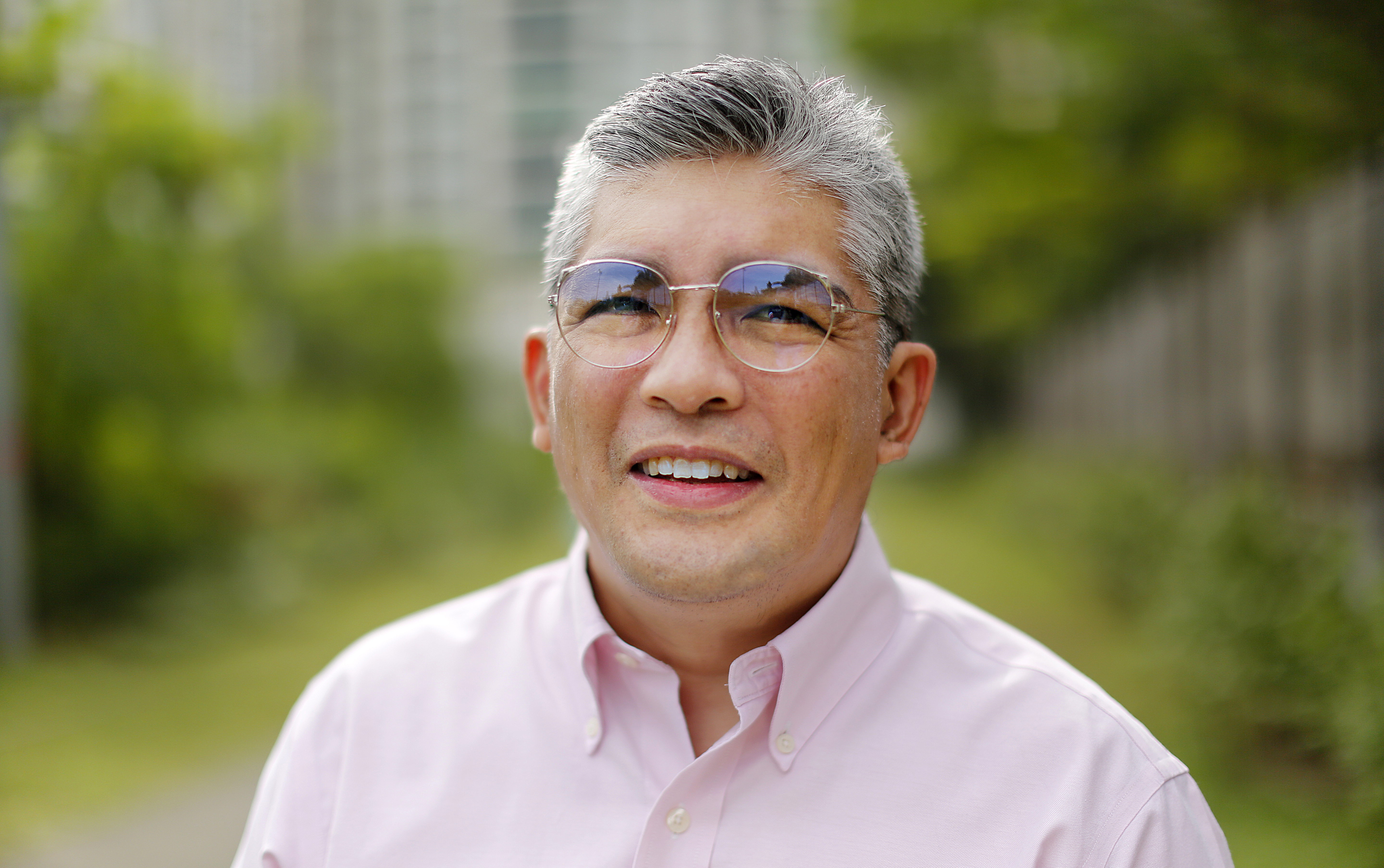OFF THE BEATEN PATH

The live interview last May 7, 2024 with fishermen while we were in Scarborough Shoal hinted a sentiment that deserves a lookback. When Anthony Taberna asked Kapitan Efren whether the latter is satisfied with the government’s efforts on the territorial issue, the response was: “Hindi naman makaya siguro natin iyong China na ipa-kuwan sa gobyerno natin iyan. Pwede na iyon basta maka-panagat lang kami rito.” (Our government probably can’t do much about China, so (the response) will have to do. What matters is that we can (fish) in these waters.)
Regaining access to the disputed fishing grounds is a heartfelt desire and we know that the path to it is fraught with significant obstacles. Notice the answer’s tenor of resignation, recognizing the remote possibility of Bajo de Masinloc still being the literal place of refuge for our fishermen during stormy weather that it used to be, hence its other name – Panatag. I relate this to a psychological condition called learned helplessness.
While the Filipino spirit is often lauded for its resilience, this same quality can sometimes mask a crippling sense of powerlessness. To better understand this, we should consider resilience as a layer of what we view as strength, much like our native bamboo. Though it is understandable to adopt a defeatist attitude, I choose not to dwell on this mindset, as it robs us of opportunities to harness our full potential. Given the current power dynamics, fishermen left on their own cannot be realistically expected to significantly develop their limited resources or influence. In contrast, I’ve found that fisher folk cooperatives, particularly those that work well with local government units, can greatly improve their livelihoods. I provided examples of this in my column on April 17, 2024.
I defer to our psychologists for a more scientific elaboration of the phenomenon of learned helplessness – however, here are at least two references from policymakers we respect.
In describing a state where individuals exposed to uncontrollable negative experiences stop trying to escape them, the late Senator Raul Roco’s caged parrot metaphor is illustrative.
His anecdote involved a bird that refused to fly free despite the change in conditions brought about by human intervention. This captive state, sharply observed by the impeccable senator, is shared by citizens under a system that can only be described as totalitarian. I think the demonstrably unhealthy level of dependence of some citizens to the government during pandemic is worthy of more introspection. Instead of actively shaping their future, some of our kababayans rely on handouts, partly sustaining the “ayuda governance” espoused by those who lack a genuine plan for meaningful development.
The contribution of the late Senator Miriam Defensor Santiago to this discourse is enriching. In examining the culture of corruption by studying its root causes and the mindsets that foster the same, learned helplessness is identified along with vicarious learning, rationalization and the principle of desensitization. Her timeless antidote always comes from an informed electorate. This can only be more relevant given how architects of disinformation operate. If the informed electorate requires citizens like us to actively participate in our communities, where else can we begin aside from the discernment we exercise in the ballot boxes?
The effects of governance are felt most acutely at the local level. Section 397 of Republic Act 7160 – the Local Government Code – challenges the notion that we are totally helpless to bring about the changes we seek. This provision defines the composition of a Barangay Assembly. Ask your barangay officers about Barangay Assembly Day and you will be surprised to learn that one does not have to be a registered voter to exercise the powers provided for by the law. There is literally no reason why one should not participate.
Fostering a culture of rejecting hopelessness is crucial. The response of our fishermen is understandable. We value that. The more important point is our actions, individual and collective, need not be dictated by sentiments pregnant with defeatist attitude. If the perceptions of limited options feeds hopelessness, then unlearning or as in the metaphor above, flying free, will always start with appreciating the value of our inalienable rights and the established practices of asserting them.
Reflect on the Greek notion of idiot, fitting as we attempt to articulate this Athenian experiment we call democracy. Different from its contemporary meaning, the term “idiotes” in its original sense is not an insult per se. For the ancient Greeks, it meant a “private person” like someone who minds his or her own business, as distinguished from those involved in public affairs. Simply put, a non-participant. Conversely, I posit that one’s election or appointment to public office is no guarantee that the person is no idiot in the Greek sense. The determining factor for me is the kind of participation that seeks the welfare of the community.
Given the turmoil we face in all fronts, can we still afford to be a citizenry that is disengaged from public affairs or idiots in the Greek sense? God forbid.